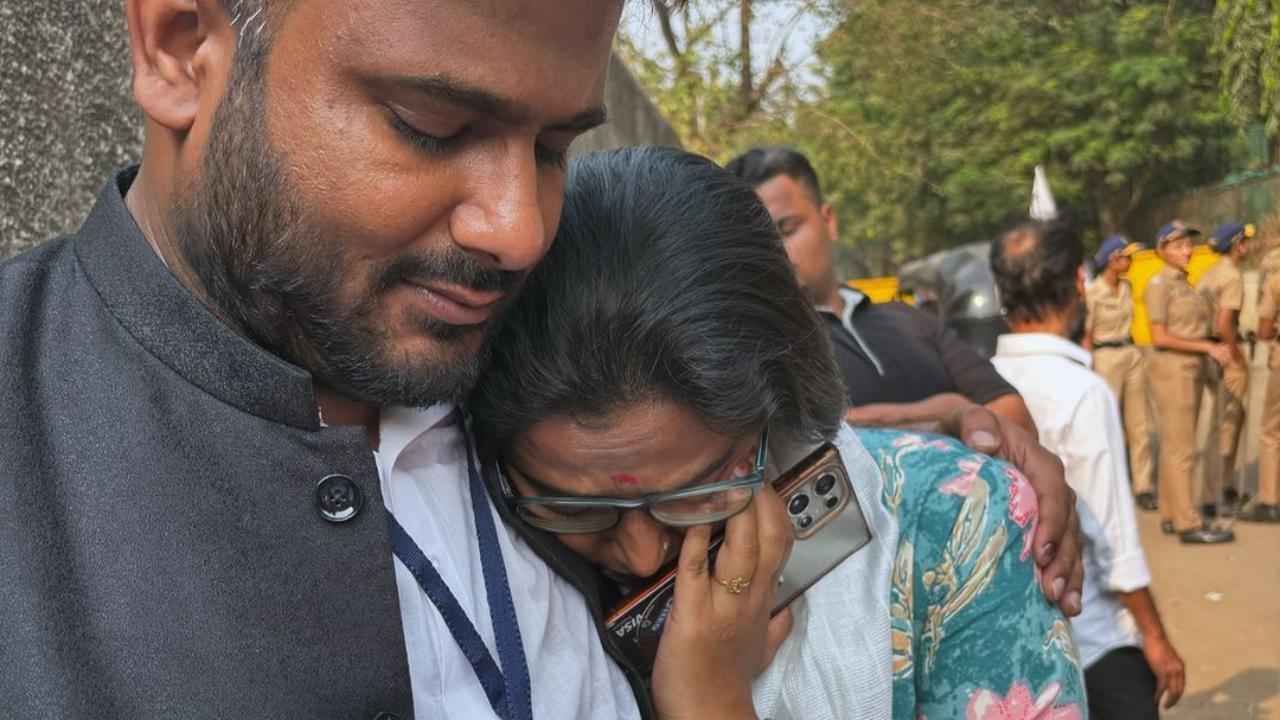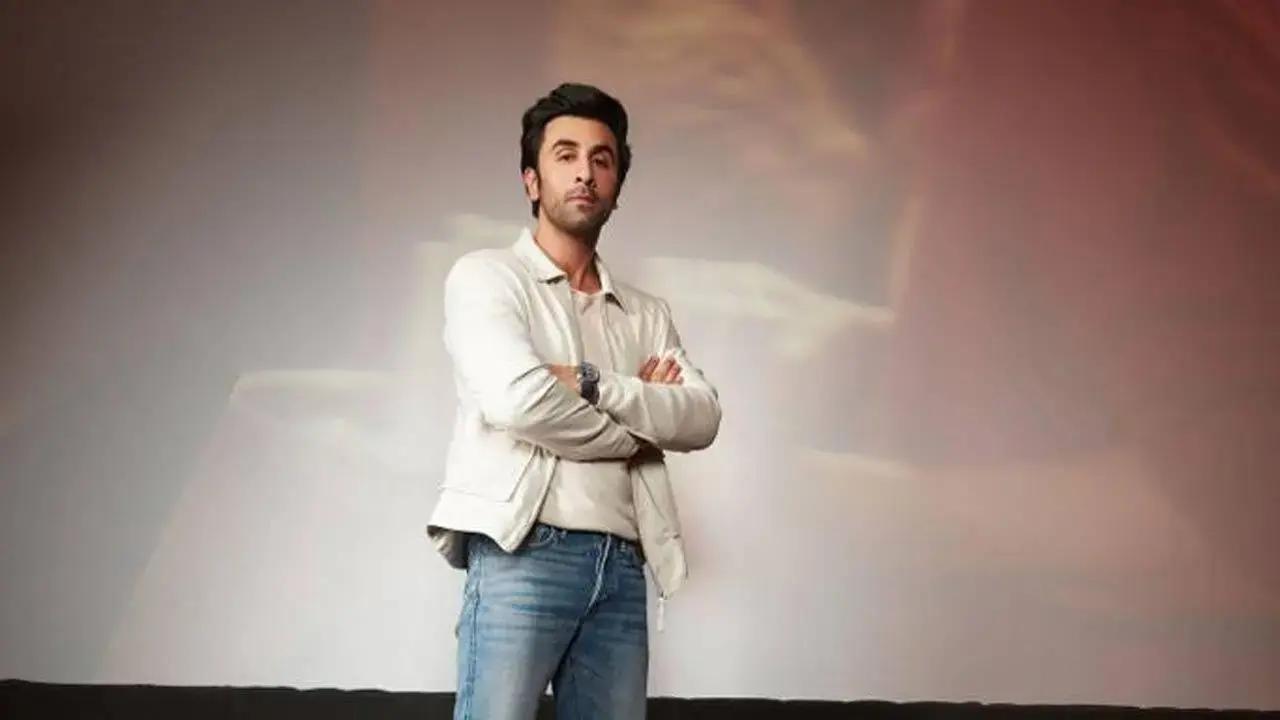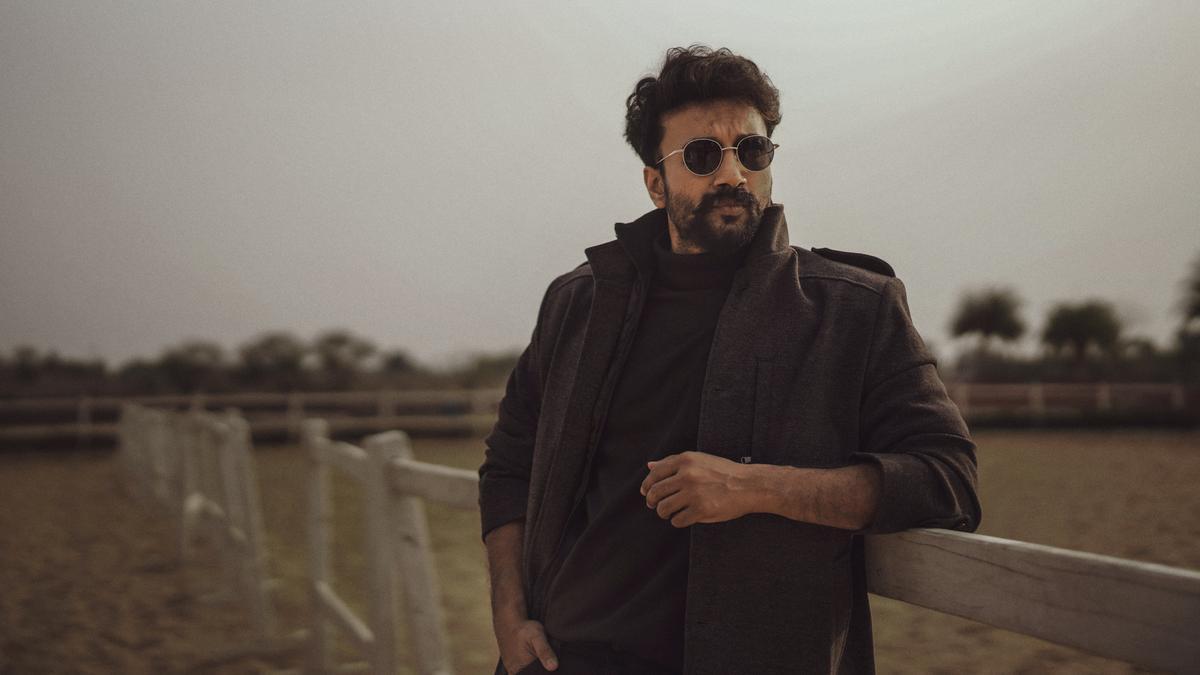
In the aftermath of India’s unexpected setback against New Zealand at the Maharashtra Cricket Association (MCA) Stadium in Pune, captain Rohit Sharma has come forward to ardently defend two of India’s most significant match-winners in Test cricket. With the series decider slipping away from their grasp, the spotlight has turned inevitably towards Ravindra Jadeja and Ravichandran Ashwin, both of whom failed to produce their trademark match-winning performances in the recently concluded Test match.
Ravindra Jadeja and Ravichandran Ashwin, the acclaimed Indian spin duo, have faced considerable criticism following India’s Test series loss to the New Zealand team, commonly referred to as the Blackcaps. The series, which culminated in a decider held in Pune, saw Jadeja managing just three wickets, while Ashwin claimed a total of five, outcomes that are being scrutinized by cricket analysts and enthusiasts alike. Despite the on-field challenges and subsequent critique, Rohit Sharma has emphatically supported his players, underscoring the shared responsibility that rests upon the entire team for clinching victories.
Addressing the media in the post-match conference, Sharma articulated his belief that expecting only a select few players to constantly deliver results is not fair. “I mean, see look, there is too much expectation on those two guys,” Sharma remarked in staunch defense of Jadeja and Ashwin. “Every game they play, they are expected to take wickets, they are expected to run through the team, and they are expected to win Test matches for us. I don’t think that’s fair, it’s the responsibility of all of us to make sure that we get Test match wins, not just the two guys.”
The critique primarily directed at Jadeja stemmed from his perceived ineffectiveness on a pitch where his New Zealand counterpart, Mitchell Santner, posed considerable challenges for the Indian batsmen. India’s slow left-arm orthodox spinner, Jadeja, ended up wicketless in the first innings and secured three wickets in the second, conceding 72 runs in the process. Meanwhile, Ashwin delivered a slightly more promising performance, recording figures of 3/64 in the first innings and 2/97 in the second. Even so, these statistics fell short of the standards associated with the veteran spinner.
Sharma, acknowledging the immense contributions of both players, reminded everyone of their pivotal roles in India’s formidable home streak of 18 series wins.
. “Of course, by their standards, they know where they stand and what they haven’t been able to do or what they haven’t done really well,” stated Sharma. “But again, both of them have played so much cricket here and have such huge contributions to our success of having that home streak of 18 series (wins). These two have played a major role in that. A couple of series, I am not going to look into too much, especially with those two guys.”
Rohit’s comments also reflect an understanding of the natural ebb and flow of form, pointing out that both Ashwin and Jadeja have extensive experience and are astutely aware of their performance levels. “They know exactly what happens and sometimes they are allowed to have some bad games here and there and not go by that expectation that this is the opportunity for me to take wickets and run through the opposition. That’s not going to happen every time. So you got to be ready with the other guys also to step in.”
Stressing further on collective responsibility, Rohit underscored the importance of the entire bowling attack in sharing the load during gameplay. “Like we keep talking about with the batters it is not the responsibility of a few individuals, it is the collective batting unit that needs to come together,” Rohit elaborated. “So it’s the same with the bowling unit as well. If Ash doesn’t do well, it’s Jadeja who needs to come to the party or Washy (Washington Sundar) or Kuldeep (Yadav) or Axar (Patel), those guys.”
In conclusion, while Rohit’s defense of his players aims to provide them with the much-needed backing amid a flurry of criticism, it also serves as a poignant reminder of the team-centric philosophy that he champions—one where victories and losses are borne by the team as a unit rather than individual shoulders.










